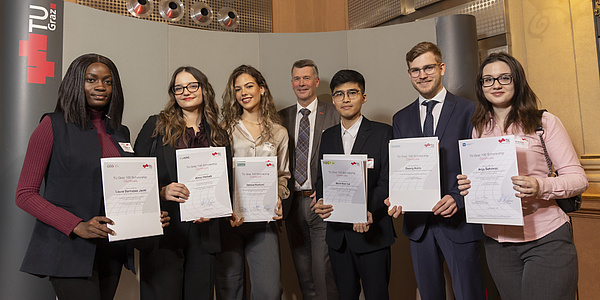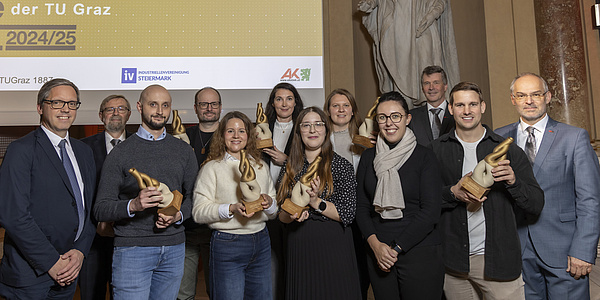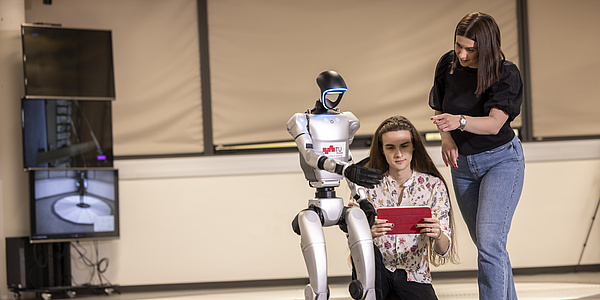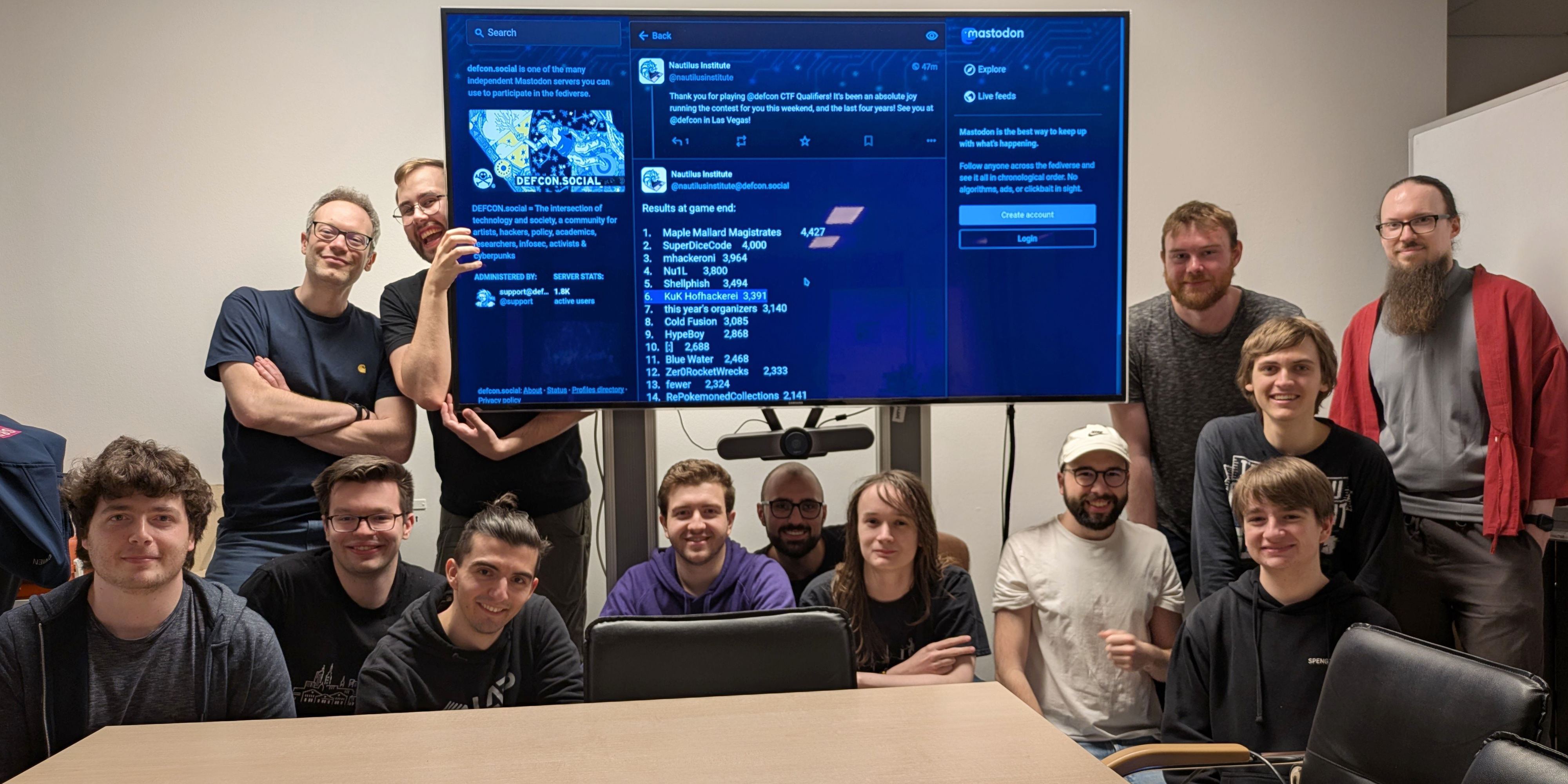Austrian Students Compete in the Final of the World's Most Prestigious Cybersecurity Competition
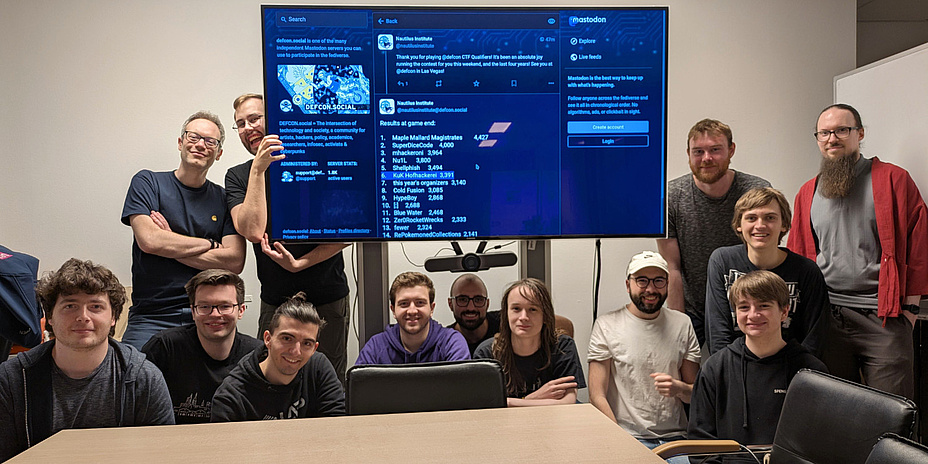
From 7 to 10 August, the Austrian team KuK Hofhackerei will be competing in the final of the DEFCON “Capture the Flag” contest in Las Vegas, the world's most important cyber security competition. This makes the team one of the twelve best ethical hacking teams in the world. In the preliminary round, in which over 1,300 teams from around the world took part in a 48-hour competition, KuK Hofhackerei came sixth and thus earned a place in the final. This is the first time since 2012 that an Austrian team has qualified for the final round of the DEFCON ‘Capture the Flag’ contest (DEFCON CTF). This success underlines the high standard IT security study programmes at Austrian universities.
Predominantly Bachelor's and Master's students
KuK Hofhackerei consists of around 40 members, most of whom are Bachelor's and Master's students from TU Graz, TU Vienna, the University of Vienna, JKU Linz and St. Pölten UAS. The team is complemented by a number of PhD students and IT security professionals from the field, including the AI-based IT observability and security company Dynatrace. The team meets regularly at TU Graz and TU Vienna to work together on security tasks and prepare for competitions.
In capture-the-flag competitions, teams are faced with tasks from various areas of IT security, such as web exploitation, cryptography, reverse engineering or system analyses. The aim is to find and exploit weaknesses in IT systems. In the preliminary round for the final in Las Vegas, the tasks included hacking websites, breaking insecure or non-standard cryptography and reverse engineering software to identify and exploit its vulnerabilities.
"At TU Graz, we offer students more than 20 courses for comprehensive specialisation in the field of cybersecurity. We are delighted that the students have joined forces to form the KuK Hofhackerei team and are applying their knowledge with such extraordinary success. There has been a CTF team at TU Graz for more than ten years and qualifying for the final of the DEFCON CTF is an absolute highlight," says Stefan Mangard, Head of the Institute of Information Security at TU Graz.
Preparing for the final
The team is supported in its preparations for the DEFCON CTF final by their universities and sponsors from the industry. In contrast to most CTF competitions, which take place online, the finalists compete against each other on site in Las Vegas in specially equipped rooms with dedicated IT infrastructure. KuK Hofhackerei is currently preparing intensively for the final. "We are writing special tools and programmes that could be used in the competition," says Sebastian Felix, Master's student at Graz University of Technology and member of KuK Hofhackerei. "Although we don't know the tasks in advance, this preparation means we don't have to start programming from scratch during the competition, but can rewrite or build on existing code."
"Great success in a key discipline"
"The fact that our Austrian team KuK Hofhackerei was able to prevail against competitors from 40 nations and make it to the final in Las Vegas is already a great success," says Sok-Kheng Taing, co-founder of the software company Dynatrace, which has risen from Linz to become the global market leader in AI-based IT observability and security and supports KuK Hofhackerei as a sponsor. "Joining forces and having the best talents from five universities compete together is admirable and demonstrates a strong community. This is the way a rather small country like Austria can raise its profile internationally."
